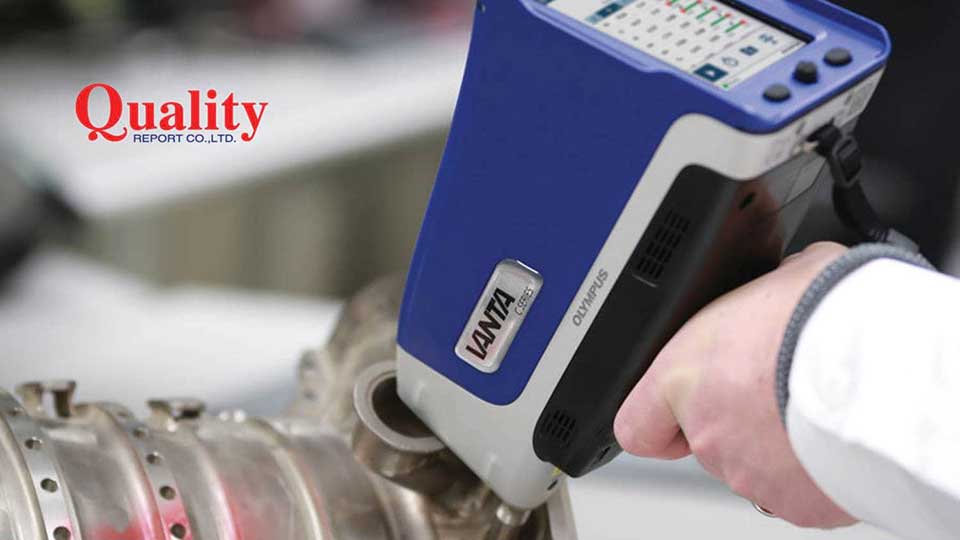
GO-JEK Reveals Lessons from UBER’s Failure in Asia
On June 29, Nadiem Makarim, founder and CEO of GO-JEK, had a special interview with CNBC’s Managing Asia, revealing the lessons of UBER’s failure in Asia that an entrepreneur can learn from.
“I think the first lesson is it is hard and expensive to protect the business with one aspect of service in order to retain customers while, in reality, their needs are various and diverse. At GO-JEK, we perceive it as the truth is so that our business can grow sustainably. Our services were therefore designed for various needs. The customers can also get new experiences uninterruptedly with our strategies of introducing products and services, in which new products help us gain more customers. That is the reason why our platform can bring in more and more revenues, which is the result of more customers and services. It does not matter what type of service they want from us. The point is our service can facilitate their life at lower costs, which is a good cycle.”
Strategies to Handle Grab
After Grab had acquired Uber in May, which was the biggest deal closed in Asia, Grab took over Uber services in 8 Southeast Asia countries: Cambodia, Indonesia, Malaysia, Myanmar, the Philippines, Singapore, Thailand and Vietnam. The acquisition included all of Uber’s services, from Uber Taxi to Uber Eats, the food ordering service. It is one of the greatest news in startup circles in Asia in the past year.
Mr. Makarim said “The competition between GO-JEK and Grab is certainly a challenge and will drive us to more developments. We are determined to create more innovations for our customers. Since we have fought hard to be here, we have a clear understanding how to efficiently promote and expand the market. In the view of the market drive, every rider (service provider) wants to have choices while every customer (service receiver) wants to a competition. For the above reason, I think this is the biggest drive to ensure that we will have determination for achievements. It is the drive that results from what the consumers deserve and their desire to be the picker of choices, along with the rider’s desire to have choices (in terms of platform).”
About Go-Jek
Go-Jek was founded in 2010 by Nadiem Makarim as the first unicorn startup in Indonesia. It grew from its ride-hailing technology, logistics, and digital payments. It all started with 20 riders only and now it has over 1 million riders. Currently, there are 18 on-demand services on its application platform. It has entered the Thai market under the name “GET,” which is expected to launch in September.






